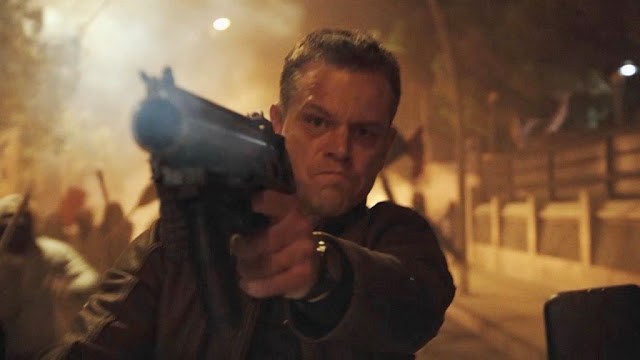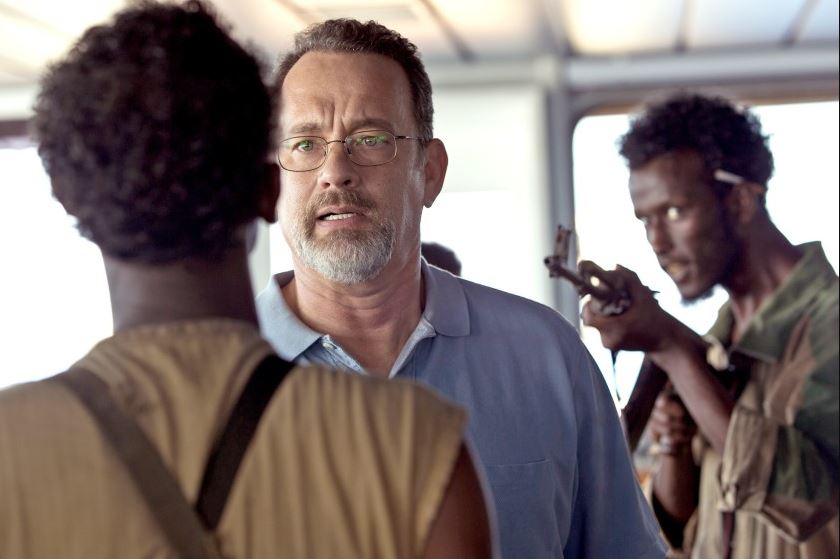Jason Bourne: Angry Assassin Remembers, Again
Jason Bourne is a superhero. He may not have a costume or a secret identity or alien powers, but he’s nevertheless invincible, terminating his enemies with extreme prejudice and casual efficiency. What made him interesting in the past was his struggle to reconcile his superhuman combat skills with his search for self—there’s a reason that the first novel in Robert Ludlum’s original trilogy was called The Bourne Identity. Doug Liman’s 2002 adaptation of that novel was thrilling not just for its explosive action sequences but for the way it emphasized its protagonist’s confusion and vulnerability, amplified by Matt Damon in a performance of tender brutality. But now, three movies later—four if you count The Bourne Legacy, in which Jeremy Renner stood in for Damon as a Bourne-like surrogate—Jason Bourne knows who he is. The mystery has vanished; all that’s left is the brutality.
When we first meet Jason in this new movie that bears his name, he’s lying low in Greece, numbly participating in underground bare-knuckled boxing matches. (In this, the film oddly resembles the opening of Creed.) Beyond establishing the obvious—that even at age 45, Matt Damon still looks awfully good with his shirt off—this curt opening sequence is designed to demonstrate Jason’s isolation. Yet it tells us nothing we didn’t already know. Jason starts this movie alone, and he ends it alone. There is no character progression, no soul-searching, no catharsis, no real meaning of any kind. Where Jason Bourne was once a superhero, he’s now morphed into a different sort of genre staple: the looming figure who moves implacably toward his quarry, inexorable in his silent bloodlust. He’s the killer in a horror movie. Read More


